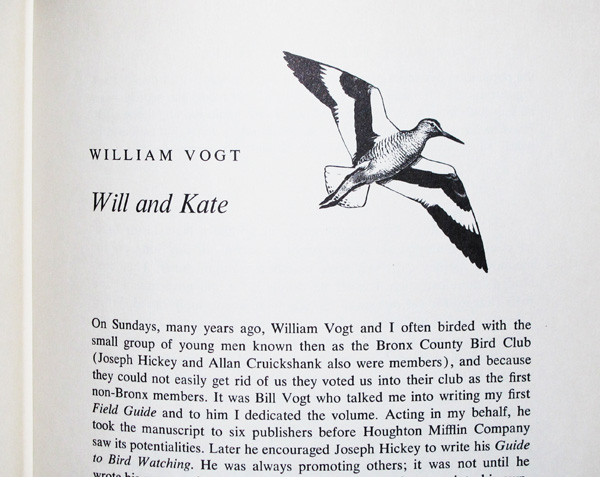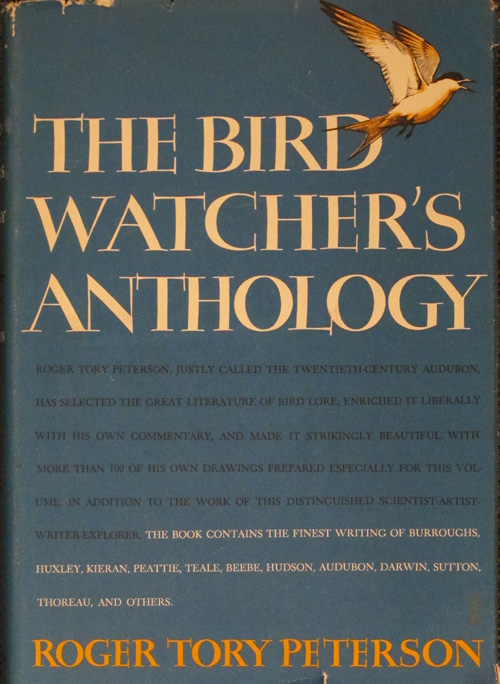Will and Kate: the prequel
If you pay close attention to the popular media, you may have noticed recent references to some couple named “Will and Kate.” Perhaps you’ve been mystified as to the identity of this couple. I’m here to tell you that it would be no mystery if you were a birder with a good grasp of the history of ornithological literature.
And it would help if you were familiar with the (Eastern) Willet, a large sandpiper that nests in marshes along the Atlantic and Gulf coasts of North America. (That’s a picture of one at the head of this column.) The Willet is a very vocal species, often calling a loud “pill, will willet” (the source of its name) and also a ringing “kaaaty.” When biologist William Vogt was studying a nesting pair of Willets, many years ago, he couldn’t resist naming the members of the pair “Will” and “Kate” because of these calls.
Vogt published the results of his study in the Yale Review, not exactly typical reading for the average birder; but his good friend Roger Tory Peterson reprinted the study in his classic Bird Watcher’s Anthology, a book that still holds a place of honor on many book shelves more than half a century later.

At the head of the entry in The Bird Watcher's Anthology, Roger Tory Peterson introduces the author of the piece and the subject matter.

Published in 1957, and still may be found in used-book stores on occasion. This is a classic collection of the best writing on birds. (Well, the best until BirdingBlogs came along.)
Reading Vogt’s piece now, we see how much science has changed in recent decades. If you want to publish a study of bird-nesting today, it had better be dry and formal and filled with statistics. In Vogt’s day, it was possible to wax poetic about the birds: “Will and Kate were a devoted pair. Whether or not the devotion outlasts a single season, I could not doubt its power during the weeks from April into July …” Or in another passage: “I have no doubt at all that, were it possible to transcribe Willet speech into equivalent English, we should find her addressing him as Mr. Will. Even in their most intimate moments the fine ceremoniousness persisted.”
That may not sound like 21st-century ornithology, but it does reflect keen observational ability and a fine appreciation for the birds. Vogt’s admiration for these birds is so genuine that it transforms our sense of the birds and the words used for them. Simple names like “Will” and “Kate” might have seemed ordinary and humdrum at first sight; but after we read Vogt’s account, we come away thinking that these are elegant names – why, they would be perfect names for a prince and princess.
